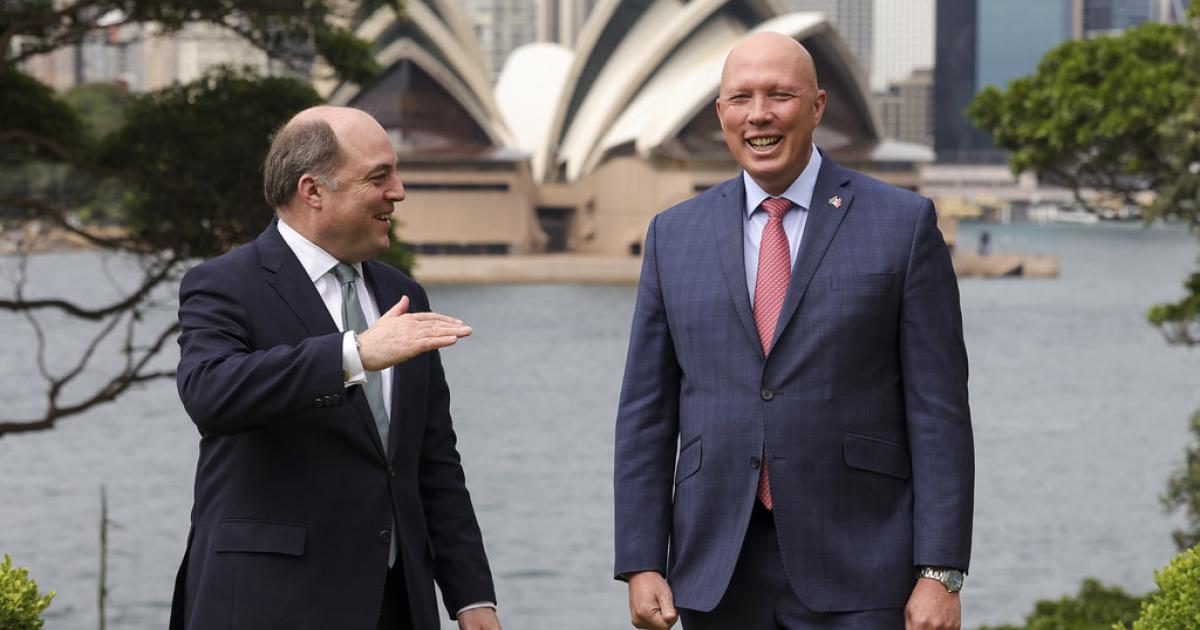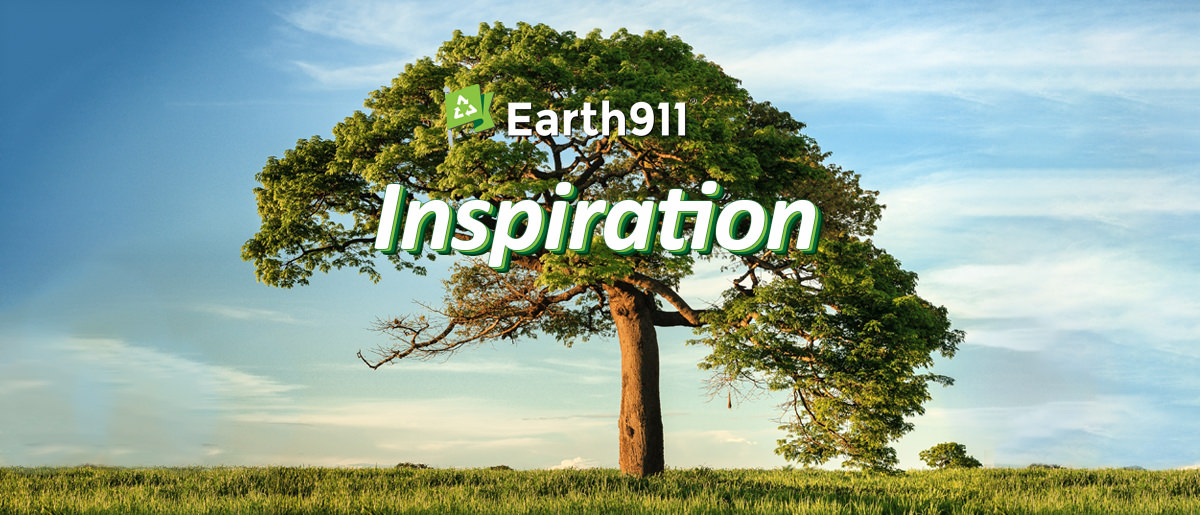* Linking nuclear power to climate change abatement without mention of the downsides or expense of nuclear power, or alternative and arguably better ways to address climate change.
* Asking respondents if they support ‘advanced’ nuclear power or ‘the latest nuclear energy technologies’ without noting that ‘advanced’ nuclear power reactors are few in number, they aren’t really ‘advanced’ in any meaningful sense, and in some cases they are used to power fossil fuel mining or pose increased weapons proliferation risks.
* Reporting on poll results without clearly stating what the actual survey questions were.
* Avoiding the word ‘nuclear’ by referring to small modular reactors, or avoiding the word reactors by using phrases such as ‘the latest nuclear energy technologies’.
* Using the word ‘small’, as in ‘small modular reactors’: expect to see more of this, it seems to work well despite the spectacular implosion of the most advanced SMR project in the US, the NuScale project in Idaho.
* Reporting self-selecting, online polls as if the results mean anything. For example Australian academic Oscar Archer is impressed by a meaningless ABC poll, a meaningless Murdoch tabloid poll, and a meaningless Channel 7 Sunrise poll.
Australia’s conservative parties fall for push-polling
Partly because of the Murdoch media’s promotion of nuclear power and its push-polling, the federal Liberal-National Coalition opposition has “pledged” to introduce nuclear power to Australia by the mid-2030s if it wins and forms a government at the election to be held no later than May next year.
The Coalition believes that most Australians support nuclear power, that younger Australians are particularly enthusiastic, and that local communities will welcome a nuclear power reactor. The problem is that those views are underpinned by nothing other than biased push-polling.
Unbiased polls find that support for nuclear power in Australia falls short of a majority; that Australians support renewables to a far greater extent than nuclear power and nuclear power is among the least popular energy sources; that a majority do not want nuclear reactors built near where they live; and that most Australians are concerned about nuclear accidents and nuclear waste.
Even the push-polling results should raise red flags for the Coalition. A 2019 Roy Morgan poll preceded the poll question with this highly dubious assertion: “If the worries about carbon dioxide are a real problem, many suggest that the cleanest energy source Australia can use is nuclear power.”
Even with that blatant attempt to sway respondents, only a bare 51 per cent majority expressed support for nuclear power.
Locals are ‘hostile’
The Coalition hasn’t even formally released its nuclear power policy yet ‒ that will happen in the coming weeks. But already the policy has been disastrous for the Coalition with near-zero support beyond the far-right of the Coalition and the far-right media, in particular the Murdoch-Sky echo chamber.
Opposition to locally-built nuclear power reactors has been clearly and consistently demonstrated in Australian opinion polls for 20 years or more. A 2019 Essential poll was typical of the others: 28 per cent of respondents “would be comfortable living close to a nuclear power plant” while 60 per cent would not.
The Coalition proposes replacing retiring coal power plants with nuclear reactors and expects an enthusiastic response from local communities. A ‘Coalition source’ told the Murdoch press that Coalition MPs “had convinced themselves that people would be queuing up” for nuclear reactors.
But recent focus group research carried out in the Hunter Valley in NSW and the Latrobe Valley in Victoria ‒ two of the coal regions that might be targeted ‒ found that voters are “hostile” to plans for reactors in their areas.
Local hostility is just one of the problems facing the Coalition’s nuclear policy. Coalition MPs have said on countless occasions that the development of nuclear power in Australia would require bipartisan support. But nuclear power isn’t supported by the Labor Party and it faces strong resistance even from within the Coalition.
Indeed there is bipartisan opposition to nuclear power in most of the four states with operating coal plants that are likely to be targeted in a coal-to-nuclear program ‒ Victoria, Queensland, New South Wales, and Western Australia. Labor state governments in those four states are opposed to nuclear power in their states, and Liberal/Coalition opposition leaders are opposed to nuclear power or have failed to endorse it.
Colourful commentary
Tony Barry ‒ a former deputy state director and strategist for the Victorian Liberal Party, and now a director at the research consultancy RedBridge ‒ describes the Coalition’s decision to make nuclear power the centrepiece of its energy and climate policy as “the longest suicide note in Australian political history”.
On the strength of a detailed RedBridge analysis of Australians’ attitudes to nuclear power, Barry says that just 35 per cent of Australians support nuclear power and that only coal is less popular. If the Coalition is to have any chance of winning the next election it will not be with nuclear power, he says.
Colourful commentary has also been offered to Murdoch journalists by Coalition MPs under cover of anonymity. One Coalition MP says the nuclear policy is “madness on steroids”, another says the Liberal and National Party rooms are “in a panic” about the nuclear policy and “they don’t know what to do”, and another says the nuclear policy is “bonkers”,
Former Liberal prime minister Malcolm Turnbull also describes the nuclear policy as “bonkers”. He says nuclear power’s only utility is “as another culture war issue for the right-wing angertainment ecosystem, and a means of supporting fossil fuels by delaying and distracting the rollout of renewables”, and that nuclear power “is exactly what you don’t need to firm renewables.” Turnbull describes ultra-conservative Coalition leader Peter Dutton as a “thug” who says “stupid things” about nuclear power. With friends like that…
Matt Kean, the NSW Liberal MP and former deputy premier, states: “I not only regard advocacy for nuclear power as against the public interest on environmental, engineering and economic grounds, I also see it as an attempt to delay and defer responsible and decisive action on climate change in a way that seems to drive up power prices in NSW by delaying renewables.”
John Hewson, the former federal Liberal leader, says the Dutton opposition has become “ridiculous” with its pro-nuclear, anti-renewables stance which is economic “nonsense”, and that Dutton may be promoting nuclear “on behalf of large fossil-fuel donors knowing nuclear power will end up being too expensive and take too long to implement, thereby extending Australia’s reliance on coal and natural gas”.
Nuclear power a ‘dog whistle to climate denialists’
The cynicism reflects concerns about the Coalition’s opposition to the federal Labor government’s target of 82 per cent renewables by 2030 and the Coalition’s plans to expand gas and prolong the use of coal. The Nationals are calling for a moratorium on the rollout of large-scale renewables.
Professor John Quiggin, an economist, notes that, in practice, support for nuclear power in Australia is support for coal and he has described nuclear advocacy in Australia as a dog whistle to climate denialists.
Even in the Murdoch-Sky right-wing echo-chamber, splits are emerging. A Murdoch media editor says the Coalition’s nuclear policy is “stark raving mad” and “madness…total madness”.
Australia’s big private electricity generators ‒ AGL Energy, Alinta, EnergyAustralia and Origin Energy ‒ have dismissed nuclear energy as a viable source of power for their customers. One senior executive says that power bills would triple if the nuclear path was pursued. Industry isn’t interested, and trade unions are overwhelmingly opposed.
The Australian chief scientist opposes to the introduction of nuclear power to Australia, as do at least two former Australian chief scientists and the NSW chief scientist.
A recent survey by the Investor Group on Climate Change asked big institutional investors with $37 trillion under management which energy and climate solutions they believed had good long-term returns. Nuclear power was ranked last of the 14 options, renewable energy first.
History repeating itself
In the mid-2000s, John Howard as the Liberal prime minister promoted nuclear power and conservatives hoped the policy would create splits within the Labor Party and the environment movement.
Labor wasn’t split, nor was the environment movement, but at least 22 Coalition candidates publicly distanced themselves from the Howard government’s nuclear policy during the 2007 election campaign. Howard lost his seat, the Coalition lost the election, and the nuclear policy was ditched immediately.
We could be seeing history repeating itself with Peter Dutton’s ill-advised promotion of nuclear power.
Labor MPs can’t believe their luck. Speaking in parliament, prime minister Anthony Albanese compared Peter Dutton to a nuclear reactor: “One is risky, expensive, divisive and toxic; the other is a nuclear reactor. The bad news for the Liberal Party is that you can put both on a corflute, and we certainly intend to do so.”
This Author
Dr Jim Green is the national nuclear campaigner with Friends of the Earth Australia and a member of the Nuclear Consulting Group.




